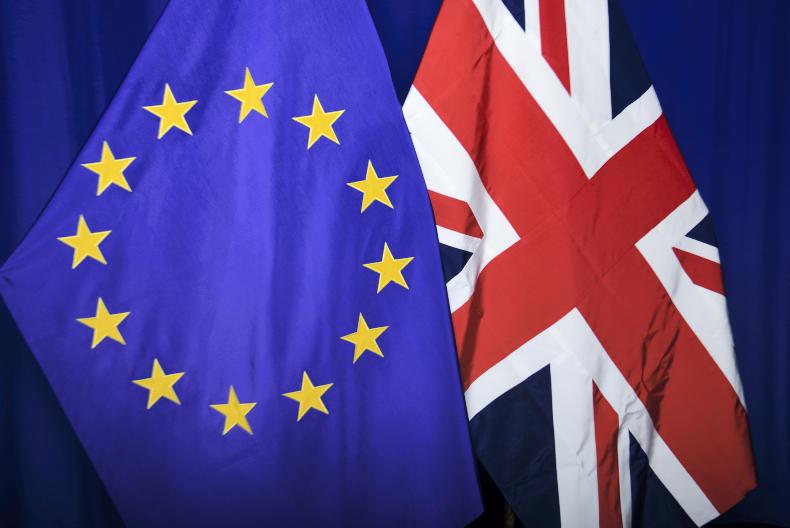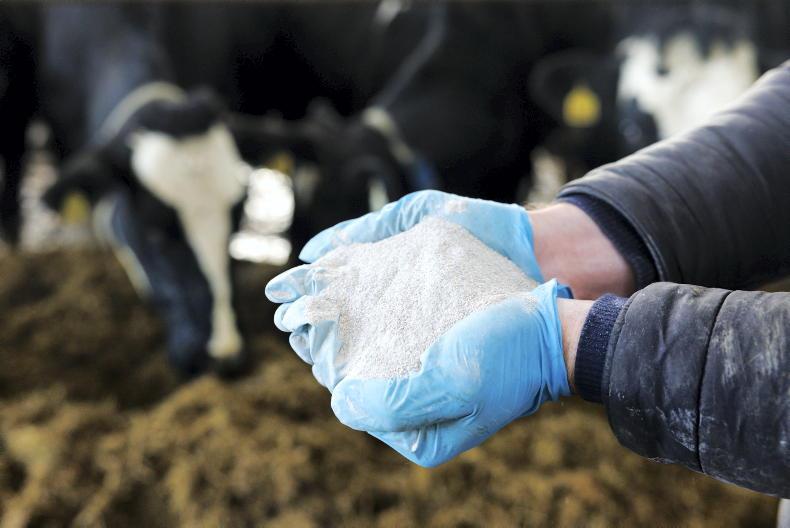The large majority received by outgoing Conservative Prime Minister Boris Johnson means that he is now in a position to deliver his Brexit deal.
This deal was rejected by parliament and was the direct cause of this unscheduled general election. It is expected that he will move immediately to get the deal ratified by parliament.
The UK would then leave the EU on 31 January and enter a transition period that is scheduled to conclude with a future trading relationship (FTR) agreed between the EU and UK by the end of 2020.
Impact on farmers
For Irish farmers south of the border, the big immediate benefit is the return of sterling to values last seen at the time of the referendum.
This means that Irish exports valued in euro will be less expensive to UK buyers in sterling and provides a platform for a price rise in produce where the main market is the UK.
It also means that there won’t be a crash-out Brexit on 31 January and the move into transition creates a window to allow a new deal take shape.
However, there remains the risk of what this new deal will look like. If the UK diverges from EU standards and doesn’t align with the EU customs union, then the equivalent of a hard Brexit remains a possibility at the end of 2020 or whenever the negotiations on an FTR are concluded.
Northern Ireland
Of course, a strengthening sterling has the opposite effect for Northern Ireland farmers, who are selling into euro currency areas. This is most felt in sheepmeat and milk prices, where there is a huge move from north to south.
For northern farmers, the likelihood of the Brexit deal being ratified is something of a mixed bag. Trade will continue without hindrance on the island of Ireland, as the deal commits Northern Ireland to remain aligned with the EU on customs and standards, irrespective of what happens with the rest of the UK.
Trade will continue without hindrance on the island of Ireland
However, the twist is that there will be an impact on east-west trade for Northern Ireland exporters through additional administration and tariff implications on product coming in for further processing and resale.
Regardless of opinions about prime minister Boris Johnson, this election, for the first time, brings clarity and enables the British government to shape Brexit and negotiate an FTR in whatever way it chooses and be fairly certain that it will be accepted by parliament.
Currency traders have interpreted the result as not meaning a hard Brexit, with the UK not being disadvantaged by leaving the EU because of the likelihood of an FTR that retains close relations between the EU and UK.
This is what Irish farmers and exporters would hope for as well, because if the UK diverges on customs or standards, then it would make trading the same as a hard Brexit and have a serious impact on prices of all commodities which are exported to Britain.
For farmers in the North, trade across the border will be uninterrupted, but the creation of a division with the rest of the UK will remain a problem if there is an FTR that involves the UK splitting from the EU on standards and customs.











SHARING OPTIONS